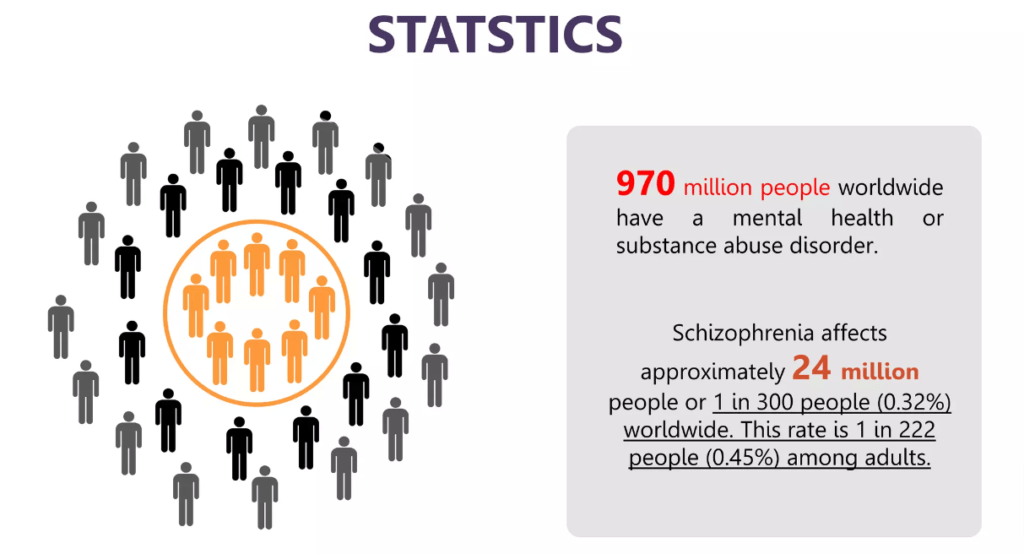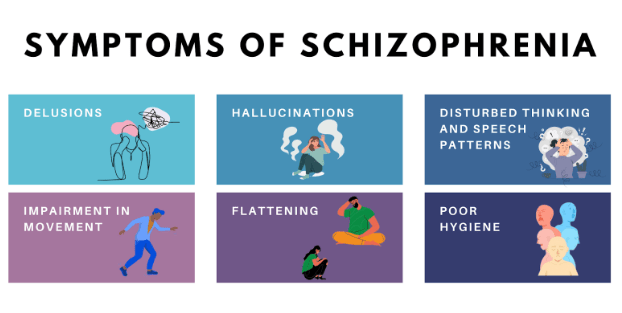Best Anxiety Treatment in Gurugram with Deep TMS Therapy: A Comprehensive Guide by Positive Mind Care and Research Centre
Anxiety disorders can be challenging to manage, but with the right treatment, significant improvement is...

Positive Mind Care and Research Centre is a leading mental health care facility of Delhi – NCR, dedicated to helping individuals to overcome Major Depressive Disorder and reclaim their joyful lives through a unique breakthrough technology called Deep Transcranial Magnetic Stimulation (Deep TMS), which can reach significant depth and breadth of the brain and produce broad stimulation and functional modulation of targeted brain areas to help treat MDD.
Deep TMS treatment features unique, patented coils that are fitted into a helmet, which is secured snugly to the patient’s head during the treatment. We are using BrainsWay’s therapy, which has been utilized in over 60 clinical trials worldwide. The company’s device has been FDA approved for the treatment of Major Depressive Disorder (MDD) since 2013, FDA cleared (De-Novo) for the treatment of Obsessive Compulsive Disorder (OCD) since 2018, FDA cleared as an aid for short-term Smoking Cessation since 2020, and has now received an expanded indication for Anxious Depression.
Schizophrenia is a complex and chronic mental disorder that affects how a person thinks, feels, and behaves. It is classified as a psychotic disorder, meaning individuals with schizophrenia often experience a disconnection from reality. The exact cause of schizophrenia is not fully understood, but it is believed to involve a combination of genetic, environmental, and neurobiological factors.
Schizophrenia usually emerges in late adolescence or early adulthood and can be a lifelong condition. The symptoms and severity can vary among individuals, and the course of the disorder may involve periods of remission and relapse.
Diagnosis and treatment are typically carried out by mental health professionals, including psychiatrists and psychologists. Treatment often involves a combination of antipsychotic medications, psychosocial interventions (such as psychotherapy and social support), and sometimes rehabilitation programs to help individuals manage their symptoms, improve daily functioning, and enhance their overall quality of life.
It’s essential to seek professional help if someone is showing signs of schizophrenia or any mental health concerns. Early intervention can lead to better outcomes and improved long-term management of the disorder.
According to the World Health Organisation, Schizophrenia affects approximately 1 in 300 people.

Schizophrenia is a severe and chronic mental disorder that affects a person’s thoughts, emotions, and behavior. Its symptoms can be divided into three main categories: positive symptoms, negative symptoms, and cognitive symptoms.
The onset of schizophrenia typically occurs in late adolescence or early adulthood, and the symptoms can be chronic and relapsing. It’s important to note that the presentation of schizophrenia can vary widely among individuals, and not everyone will experience all of the symptoms mentioned above.

Provides a convenient and flexible approach to treatment, allowing patients to receive care while maintaining their daily routines.
A non-invasive procedure that targets specific areas of the brain associated with depression. This innovative treatment option has shown promising results in reducing symptoms of MDD and is FDA approved.
A supportive and empathetic environment to express thoughts, emotions, and experiences, develop coping strategies, and gain insights to improve overall well-being.
Our center combines expert medical care with a compassionate and supportive environment, empowering individuals to reclaim their lives.
Cultivate awareness, reduce stress, and enhance overall well-being through meditation, yoga, and other practices to keep you grounded.
Our center combines expert medical care with a compassionate and supportive environment, empowering individuals to reclaim their lives.
Deep Transcranial Magnetic Stimulation (Deep TMS) is a non-invasive brain stimulation technique that has been studied as a potential treatment for various neuropsychiatric conditions, including smoking addiction. While the research in this area is still ongoing, Deep TMS has shown some promising results in helping individuals with smoking addiction. Here’s how Deep TMS may help in treating smoking addiction:
We at Positive Mind Care and Research Centre, a new generation mental health clinic, are dedicated to providing the highest quality care and research in the field of mental health. We take a positive and holistic approach to mental health, focusing on the individual as a whole and their unique needs and circumstances. We are committed to using evidence-based scientific treatment methods, conducting research, and providing education and outreach to the community. Remember that you are not alone, and we are here to help you on your journey towards betterment!
Anxiety disorders can be challenging to manage, but with the right treatment, significant improvement is...
Obsessive-Compulsive Disorder (OCD) is a challenging mental health condition characterized by intrusive thoughts (obsessions) and...
Anxiety is a common mental health condition that affects millions of people worldwide.
Learn more about how Positive Mind Care innovative TMS treatment technology can be effective in treating psychiatric disorders.
Learn more about how DEEP TMS treatment technology can be effective in treating neurological disorders.
Disclaimer:- The information provided on this website is for informational & educational purposes only and should not replace professional medical advice. Please consult with a qualified healthcare provider for personalized treatment recommendations.
Copyright © 2023. Positive Mind Care. All Rights Reserved